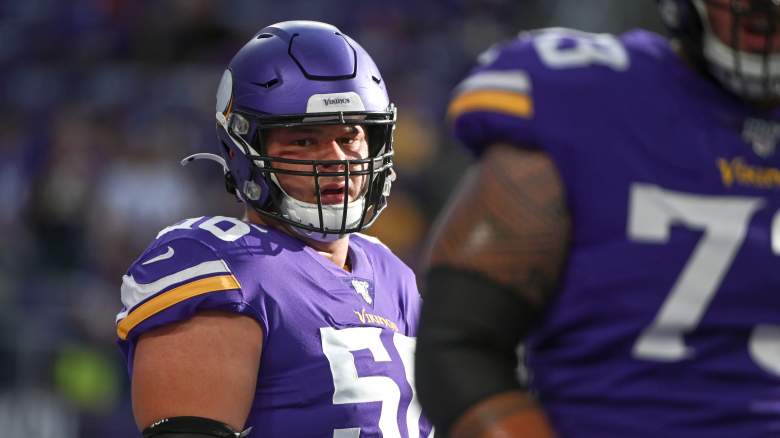
The Minnesota Vikings have hedged their bets that they can draft and develop a championship-caliber team while spending freely at the quarterback position.
In the 2019 NFL Draft, the Vikings selected Garrett Bradbury at No. 18 overall for his size and athleticism as a tight end turned lineman as the first center taken off the board that year.
Bradbury was considered a building block and projected to become one of the next dominant centers in the league but after struggles across the entirety of Minnesota’s offensive line, Pro Football Focus recently regarded the decision to draft Bradbury as poor.
Here’s what Anthony Treash wrote on Bradbury after his second year in the league:
Bradbury’s pass-protection has been a borderline liability for Minnesota over the last couple of years. Among 41 centers to play at least 500 snaps in pass-protection in their first two seasons in the NFL, Bradbury ranks dead last in pass-block grade by nearly six grading points (36.3). Since being drafted, he has allowed a league-worst 5.2% pressure rate. Considering the low success rate of interior offensive linemen in the first round, as well as the sample we have on Bradbury through the first two years, things aren’t looking great for this selection.
A former Vikings offensive lineman recently critiqued the enigmatic play of Bradbury and did offer some optimism for the 25-year-old.
“I have no reason to think Bradbury will necessarily be a bust but he is playing very poorly right now. Bad footwork, no anchor in pass pro, off-balance constantly. The most shocking thing is the lack of awareness. Looks lost on the field a lot,” the lineman told Purple PTSD’s Joe Johnson. “When I say bad footwork too I mean it’s loose. He can move his feet but he’s taking massive steps on reach blocks and play-action sets and making it so he literally can’t take a second step. Showed up over and over again against Tampa.”
Die-hard Vikings fan? Follow the Heavy on Vikings Facebook page for the latest breaking news, rumors and content out of Skol Nation!
Bradbury Impacted by Inconsistent Guards
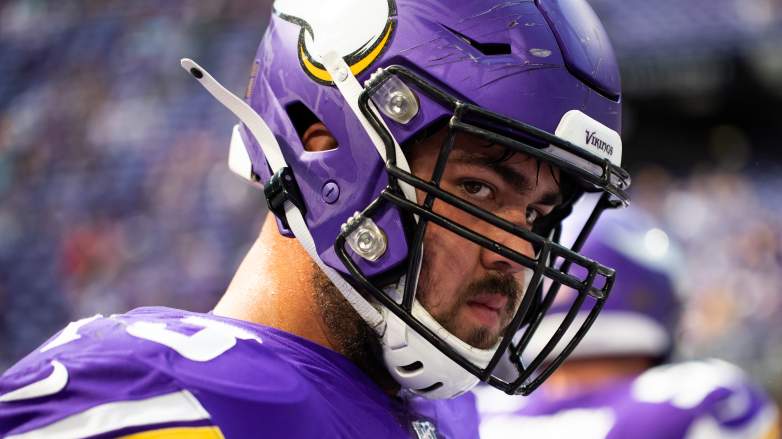
Courtesy of VikingsThe offensive guard play negatively impacted the entire offensive line this season.
While it’s easy to drum up excuses for Bradbury’s sophomore slump, offensive lines tend to thrive as a unit and need every piece to carry their weight.
The kinks in the chain came in the offensive interior as Dru Samia was the worst lineman in the league before being replaced by rookie Ezra Cleveland. With Samia out of the picture, Dakota Dozier became the bane of the group, finishing the season with a 44.6 position grade by PFF that ranked 122 out of 133-graded guards in the league, well-below the average grade for the 64 starting guards in the league.
The offensive line finished as the 26th ranked unit in the league, largely due to being the fourth-worst pass-blocking line.
Here’s PFF’s assessment of the group:
Ezra Cleveland’s 6.9% pressure rate allowed ranked 37th out of 40 qualifying right guards in his first year at guard after starting three seasons as Boise State’s left tackle. In that same vein, Garrett Bradbury’s 5.1% pressure rate allowed ranked 34th out of 36 qualifying centers, and Dakota Dozier’s pressure rate allowed of 8.0% ranked 36th out of 39 qualifying left guards. None of their three starters on the interior cracked the top 32 at their respective position. That’s a problem, and it’s one the Vikings will have to deal with this offseason.
There’s Not an Easy Fix in Free Agency
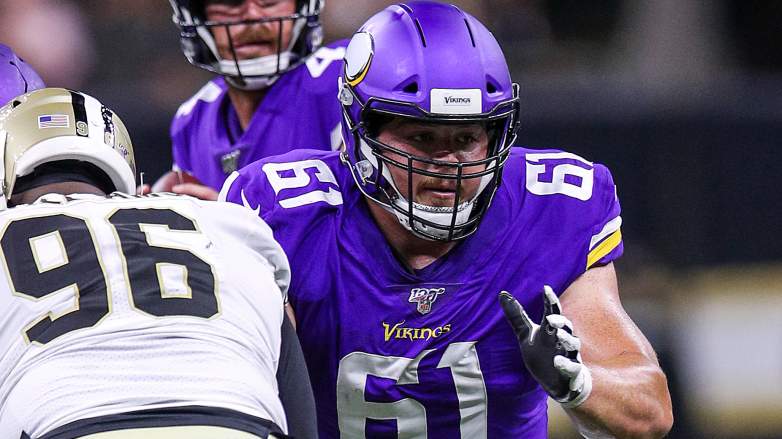
GettyBrett Jones could move into a starting role this season.
As the Vikings continue to throw high-value picks at the offensive line in hopes of reinforcing the unit that’s finished in the bottom six teams in pass-blocking five of the past seven seasons, it’s clear the franchise has struggled to develop offensive linemen.
Opting for a run-heavy offense under Mike Zimmer, Minnesota has drafted smaller, nimble linemen who struggle to protect the quarterback. And when the defense allows the fourth-most points per game (29.7) as it did in 2020, the Vikings need to throw more and were often playing from behind with swiss cheese pass protection in 2020.
On top of finding a new guard to replace Dozier, the Vikings will need to decide on the future at left tackle. Riley Reiff carries a $14 million cap hit in 2021, which Minnesota cannot afford. The Vikings can either extend Reiff and push his dues later down the line or cut him, prompting Cleveland to move to his true position at left tackle and open another vacancy at guard.
Minnesota doesn’t have much cap space to go searching for a serviceable guard, let alone two, leaving the Vikings again looking to address the line in the upcoming draft.
Practice squad center Brett Jones, who started two games in 2020, could be in line for a starting guard spot after posting a 77.6 position grade this season that would rank 11th among guards had he played enough snaps. Although he’s not as athletic as the Vikings would like in the run game, Jones has proven himself in pass protection.
Jones and potentially a rookie could be the most realistic fixes to the offensive line for the upcoming season. The line won’t suddenly transform into a top 10 unit, but it doesn’t need to be.
In 2017, the Vikings with third-string quarterback Case Keenum made a run to the NFC title game as the league’s 10th highest-scoring offense. The line was pedestrian at best, ranking 17th in the league in pass protection that season.
RELATED ARTICLES:
- Ex-CFL Trick Shot Kicker Tells Vikings: ‘I Will Fly to Minnesota Tomorrow’
- Vikings’ Justin Jefferson Causing ‘Rift’ in Eagles Locker Room: Report
- Vikings’ Justin Jefferson Has Special Request for Randy Moss
- Stefon Diggs Has Strong Message on Vikings’ Justin Jefferson
- NFL Insider Insinuates Vikings’ ‘Betrayal’ of Stefon Diggs
- Titans’ Derrick Henry Sends Strong Message on Vikings’ Dalvin Cook
Trevor Squire is a Heavy contributor covering the Minnesota Vikings and journalism graduate from the University of Minnesota — Twin Cities. Connect with him on Twitter @trevordsquire and join our Vikings community at Heavy on Vikings on Facebook.
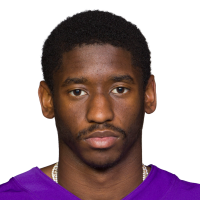
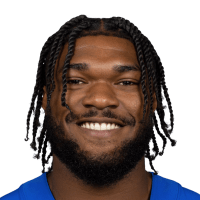
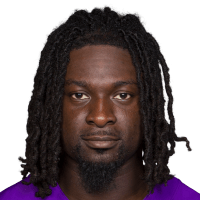
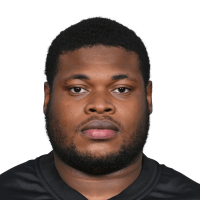
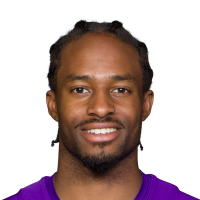
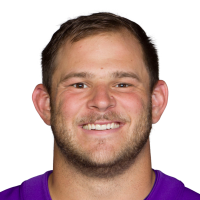
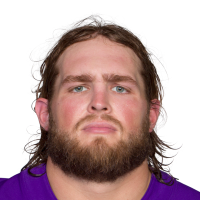






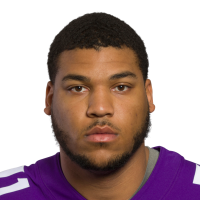

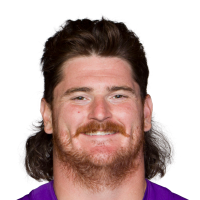
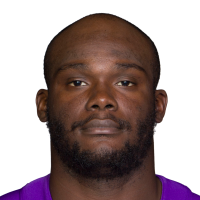
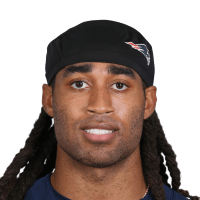

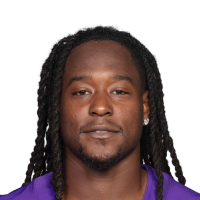
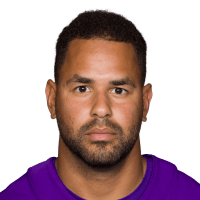
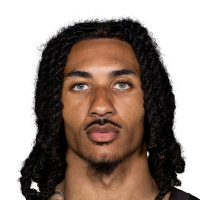

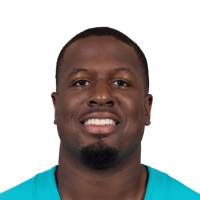

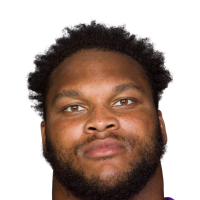



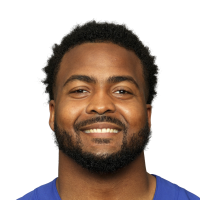

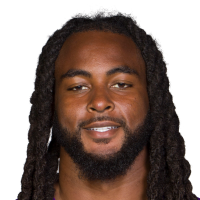





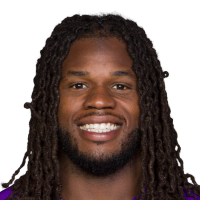



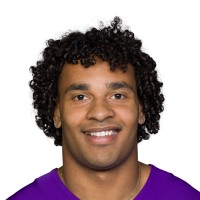
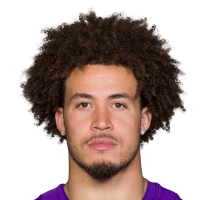
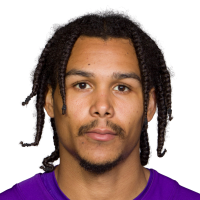
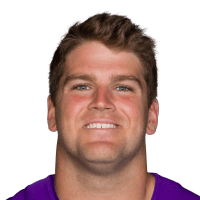
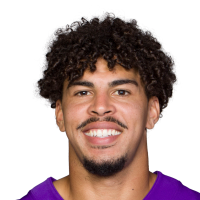
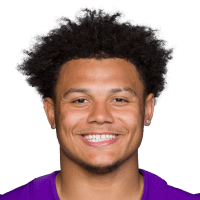


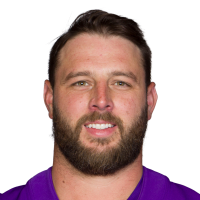
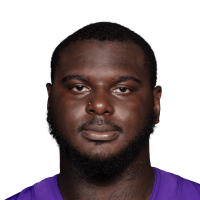




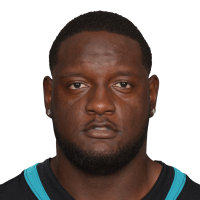
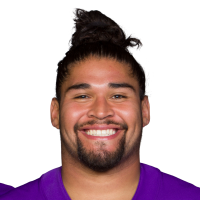
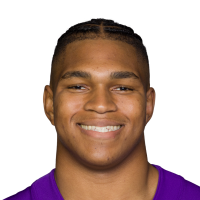

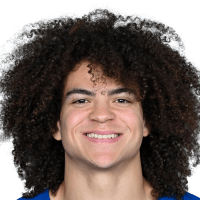
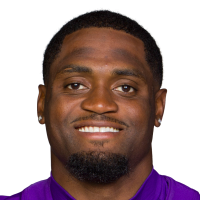

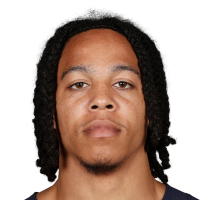




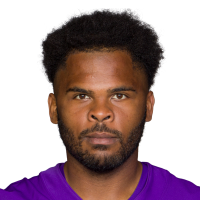
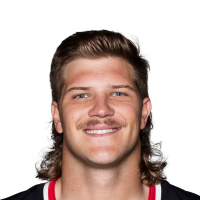
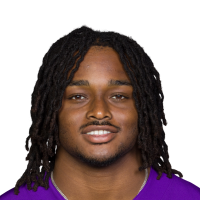

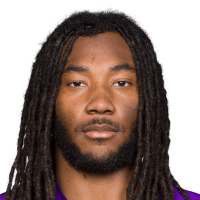
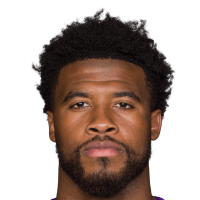
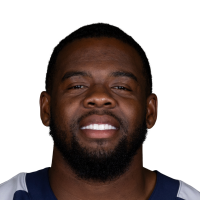


Comments
Analyst Rips Vikings for 2019 1st-Round Pick